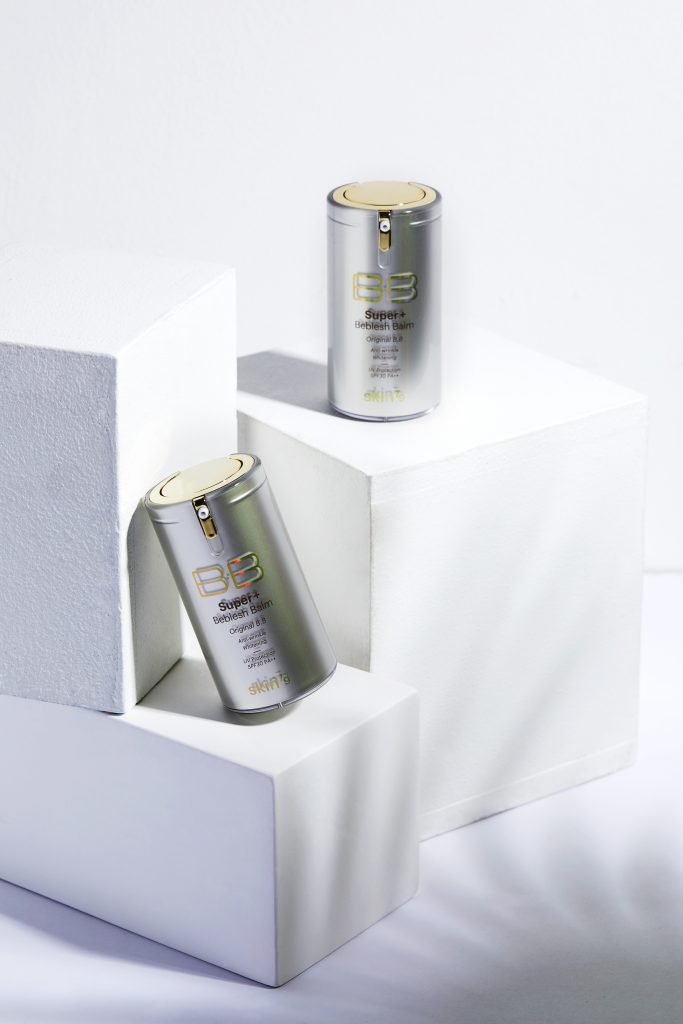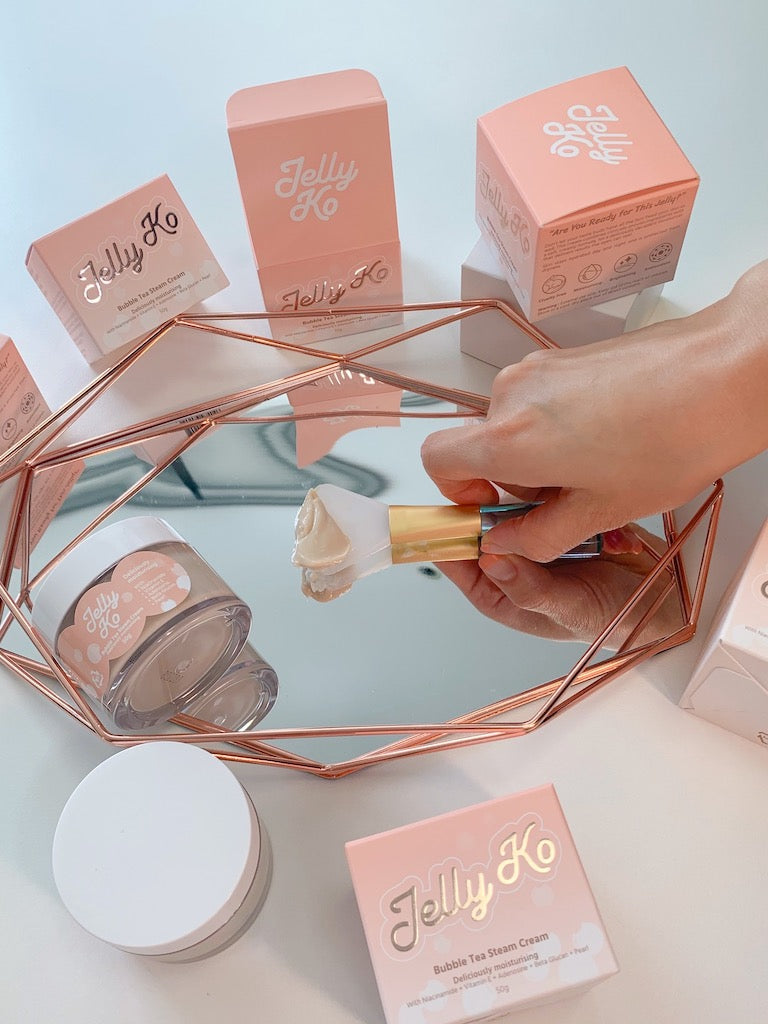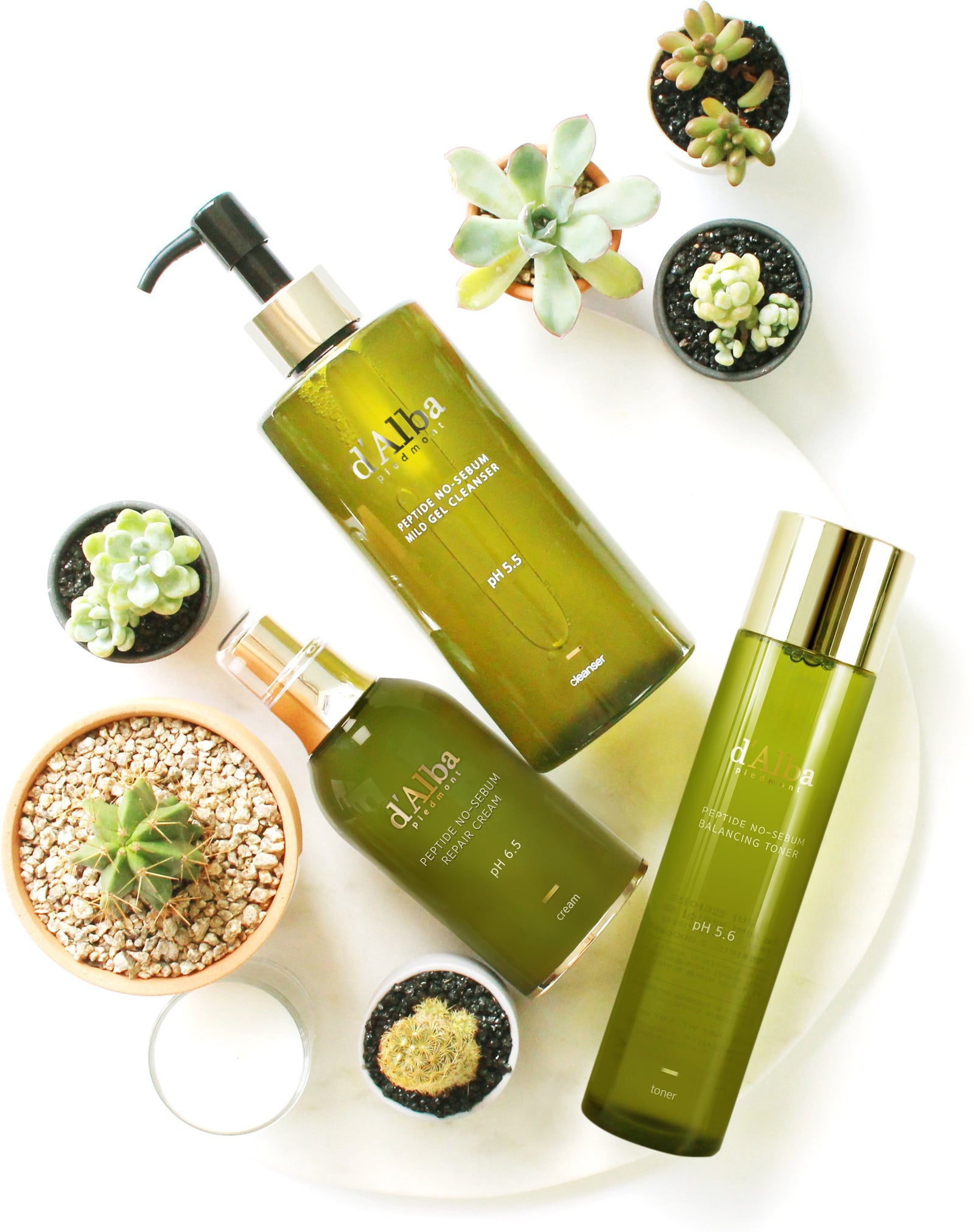The Korean Beauty Show 🎧 Your K-Beauty audio library starts here →
Menu
Silicones In K-beauty Skincare
January 05, 2025
Silicones In K-Beauty Skincare
Don’t you just love it when your skincare glides on silky and smooth? Chances are that’s due to silicones in the formula.
Today, we’re going to get up to speed on silicones in K-beauty skincare!
What Is Silicone?
Silicone…sounds artificial. Is that a bad thing?
Let’s get this out of the way. Silicones come from sand (known as silica), but get turned into an artificial element through a chemical process that adds in other elements like oxygen, hydrogen and carbon. So the raw ingredients start off natural, and become artificial.
This doesn’t mean that you should write off silicones altogether, though.
Silicones In K-Beauty
The role of silicones in K-Beauty and skincare are to form a protective barrier on the skin; one that feels thin and light. This is why you’ll often see them in formulas designed to smooth the pores.
Your skin doesn’t actually absorb silicone though. Silicone is a permeable, breathable barrier – an easy way to think of this is like a net. This net carries your skincare’s active ingredients, whose molecules are smaller than the holes of the net so that the ingredients can be absorbed by your skin.
The nature of silicones means that they can make your skin seem more radiant and even, as they lay upon lines or pores. This obviously makes them ideal for cream-based cosmetic skincare – think foundations, primers and BB creams like our best-selling Skin79 Super Plus BB Cream.
Benefits of silicon include making your skincare more consistent in texture, which improves spreadability and can also boost water retention.
Not too bad, right?

Silicones In An Ingredients List
Also note that silicones might not be labelled as such on your skincare products – there are quite a few types of silicones. Ones to look out for in skincare are:
- Methicone
- Cylomethicone
- Dimethicone
- Phenyl trimethicone, and
- Amodimethicone.
Silicon types often end in ‘cone’, so if you’re curious if your skincare contains silicone, this is a pretty reliable way to find out!
Should I Worry About Silicone In My Skincare?
This is where it gets a little tricky – let’s remember how silicon works. First, silicone is a breathable, permeable barrier (just like a net). Second, as a barrier, silicone’s molecules are too large to be absorbed by your skin.
While there are skincare users who do report irritation, sensitivity and breakouts from products containing silicone this isn’t everyone. It’s also possible that silicone can cause allergic reactions for some users.
That’s not to say silicones are all bad. Active ingredients have to be carried somehow, and a popular alternative to silicones are botanical oils and waxes, which will feel heavier, stickier and can also lead to clogged pores for acne-prone skin.
Whether you choose to use silicone-based products or not, now you know the pros and cons. As always, we recommend patch testing new products to see if they work for you!
STYLE STORY – Your Go-To For K-Beauty Since 2014
Shop Now
"While silicone compounds have existed since the 1860s, their increasing popularity in recent years is due in large part to a better understanding of their unique functions"
- Cambridge University Press



Leave a comment
Comments will be approved before showing up.